Military-grade polymer is a specialized type of plastic material that is designed to meet the demanding requirements of military and defense applications. This material must be able to withstand harsh environmental conditions, extreme temperatures, and rough handling while still providing stability, strength, and durability.
In this blog, we will provide an overview of the military-grade polymer, common plastics used in military applications, and how to find a reliable supplier. With the right choice of materials, military-grade polymer products can help ensure the reliability and effectiveness of defense equipment and systems.
Related:
- Bullet-proof is actually made of plastic
- UV stabilizers in plastic: 4 common types and applications
I. What is military grade polymer?
1. Definition:
Military grade polymer refers to a type of high-performance plastic that is designed and engineered to meet the demanding requirements of military applications. These materials are known for their superior durability, strength, and resistance to a range of environmental factors, making them ideal for use in harsh and challenging environments.
Military grade polymers are typically manufactured using advanced polymer synthesis and processing techniques. This can include polymerization, extrusion, and injection molding, among others. The final product is a material that offers excellent resistance to impact, extreme temperatures, chemicals, and other environmental factors, making it ideal for use in military applications such as protective gear, vehicle components, and equipment components.
2. Properties:
- Durability: Military grade polymer is highly valued for its durability, making it ideal for use in harsh and demanding applications. It is designed to withstand impact, wear, and tear, and other forms of damage, ensuring a long service life in even the most challenging conditions. Its exceptional durability allows it to withstand the rigors of battlefield conditions, so people use it to produce weapons and other military equipment.
- Strength and Stiffness: Military grade polymer is designed to withstand high levels of stress and strain. Its high strength and stiffness ensure that the parts and components made from this material will maintain their shape and performance over time, even in demanding conditions.
- Chemical Resistance: Thanks to its exceptional chemical resistance, the material is used in applications where exposure to corrosive substances is a concern. Military grade polymer is highly resistant to acids, bases, fuels, and lubricants.. Its chemical resistance ensures that parts and components made from this material will maintain their performance and integrity over time, even in the presence of corrosive substances.
- Thermal Resistance: Military grade polymer can be highly resistant to high temperatures, suitable for applications where exposure to heat is a concern.
- Electrical Properties: The electrical properties of military grade polymer make it ideal for use in applications where electrical safety is a concern. This material has high electrical insulation properties, so it is used in the aerospace and defense industries. In addition, because of its low electrical conductivity, military grade polymer can be applied in the manufacture of high-precision parts and components.
- Lightweight: Military grade polymer is known for its lightweight properties, suitable for use in applications where weight is a concern, such as in the aerospace and defense industries. This material is significantly lighter than traditional materials such as metal, therefore people use it in aircraft and vehicle manufacturing.
- Weather Resistance: Military grade polymer is designed to be highly resistant to weather, making it ideal for use in outdoor applications. This material is resistant to the effects of sunlight, rain, snow, and other forms of weather.. Parts and components made from this material will maintain their performance and integrity over time, even in harsh weather conditions.
- Low Flammability: Thanks to its low flammability, military grade polymer is used in applications where fire safety is a concern. This material has a low ignition point, meaning that it is less likely to catch fire than other materials. Aerospace and defense industries are the two most common applications due to this feature.
- Radiation Resistance: Military grade polymer is designed to be highly resistant to radiation. This material is able to withstand exposure to high levels of ionizing radiation, making it ideal for use in applications where radiation resistance is a priority, such as in the aerospace and defense industries.
- Dimensional Stability: Military grade polymer is known for its dimensional stability, meaning that it is able to maintain its shape and size over time, even in challenging conditions. This material is resistant to changes in temperature and humidity, so its common applications are in the manufacture of high-precision parts and components. This feature ensures that parts and components made from military grade polymer will maintain their performance and accuracy over time, even in demanding conditions.
II. Common plastic for military applications
The military has a wide range of requirements for materials used in its applications. Plastics, in particular, have proven to be crucial in meeting these demands due to their combination of strength, durability, and cost-effectiveness. In this section, we will discuss some of the most common plastic for military applications.
1. Polypropylene

Polypropylene is a lightweight and tough plastic that is also highly resistant to heat and chemicals. This makes it a cost-effective material for military applications such as containers, ropes, and ties. It is known for its ability to withstand harsh conditions while still maintaining its structural integrity.
2. Polyetheretherketone
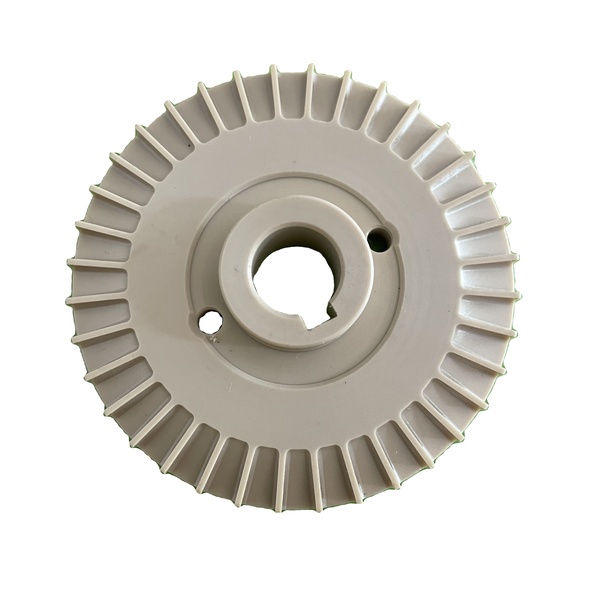
Polyetheretherketone, or PEEK, is a high-performance plastic that offers thermal stability, low moisture absorption, and excellent resistance to abrasion and chemicals. It is commonly used in military applications such as aircraft components, seals, electrical connectors, and pump impellers due to its strength and reliability in harsh environments.
3. Acetal
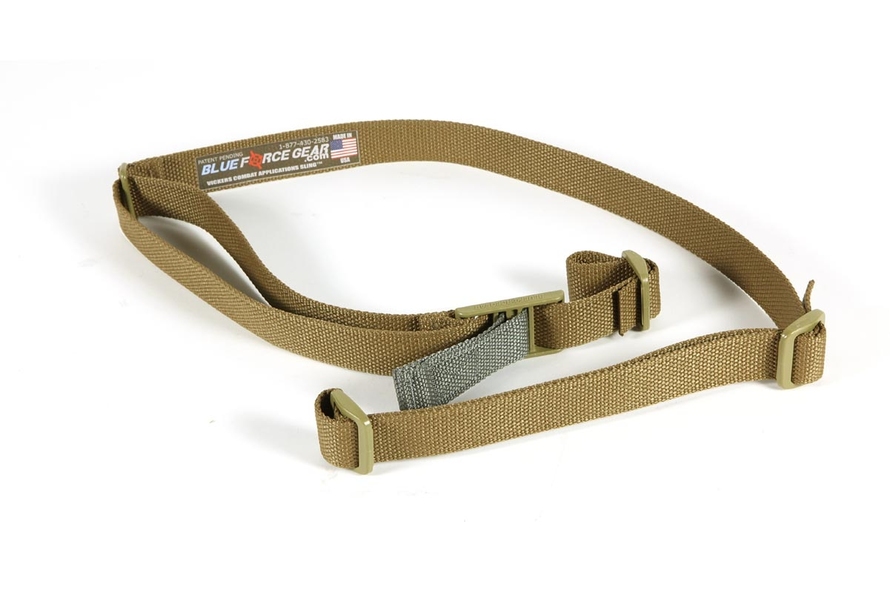
Acetal is a rigid plastic that is resistant to chemicals and moisture and offers dimensional stability. It is often used in military applications such as gears, slide guides, cams, rotors, handles, bearings, and plumbing components because of its durability and low cost.
4. Thermoplastic Elastomer

Thermoplastic Elastomer, or TPE, is a flexible and resilient plastic that offers material stability, colorability, and good thermal properties. It is widely used in military applications such as over-molding for handheld devices, night vision equipment, protective masks, boot soles, and soft-touch grips due to its high flexibility and resilience.
5. Polycarbonate
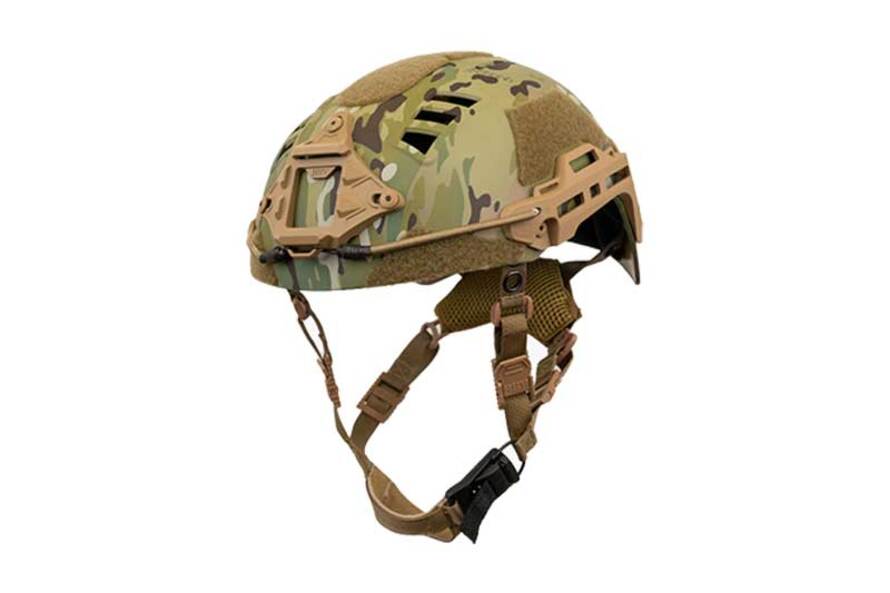
Polycarbonate is a plastic that offers excellent temperature resistance, dimensional stability, and toughness. These properties make it an ideal material for military applications where performance and reliability are critical. It is widely used in military applications such as safety helmets, shields, consoles, panels, light covers, and reflectors due to its durability and protection capabilities.
6. Polyamide 6
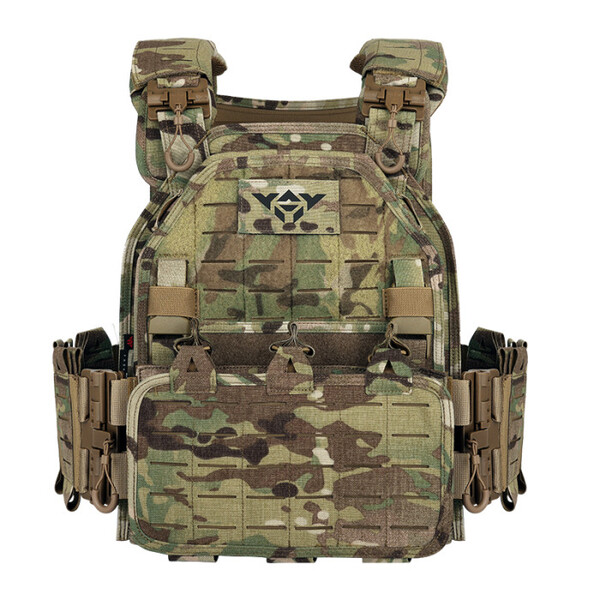
Polyamide 6, also known as Nylon 6, is a plastic that is known for its high strength, low friction, and resistance to chemicals. Thanks to its strength and resistance, Polyamide 6 is ideal for components that need to withstand high levels of stress and wear. Therefore, it’s a popular material for military applications such as rollers, wheels, gears, and bushings.
7. Polyester
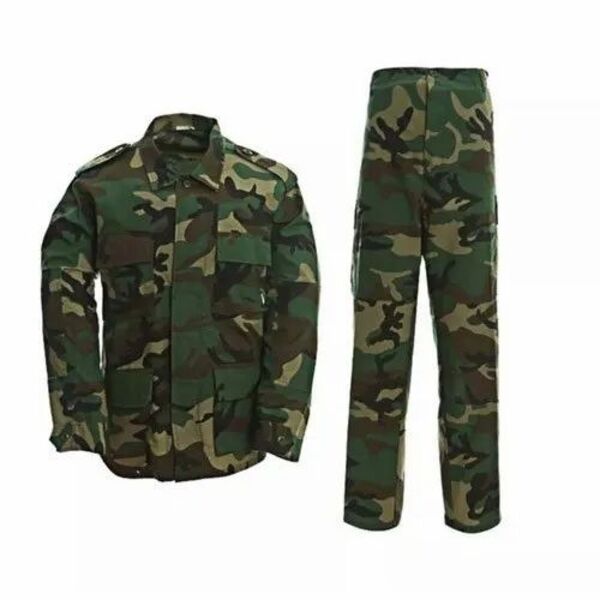
Polyester is a plastic that is known for its heat and chemical resistance, rigidity, and cost-effectiveness. It is widely used in military applications such as cams, gears, electrical components, filters, and valves due to its high strength and reliability in harsh conditions. Its ability to withstand high temperatures and exposure to chemicals is suitable for a variety of military applications.
8. Polyphenylene Sulphide
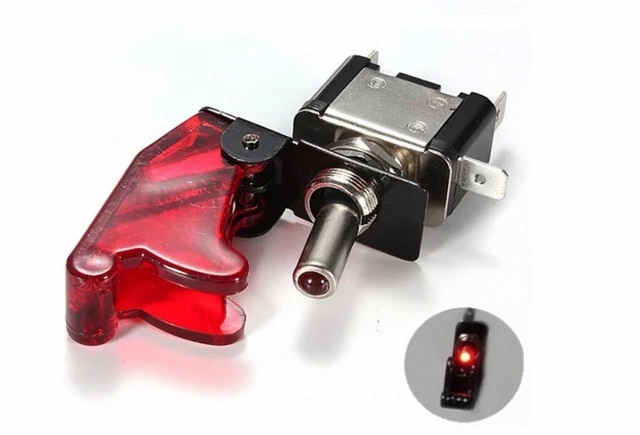
Polyphenylene Sulphide, or PPS, is a high-performance plastic that is known for its extremely high strength and resistance to heat. It is widely used in military applications such as covers, shields, fuel system components, and switches due to its ability to withstand harsh environments and maintain its strength.
9. Polyvinyl Chloride (PVC)

Polyvinyl Chloride, or PVC, is a tough and flexible plastic that is also flame resistant and low in cost. It is widely used in military applications such as electrical insulation and boot soles due to its durability and ability to withstand high levels of stress. Additionally, its low flammability makes it ideal for military applications where fire resistance is a critical factor.
III. Finding a military grade polymer supplier?
When it comes to finding a supplier for military grade polymers, it's important to choose a company with a proven track record of delivering high-quality and cost-effective materials. EuroPlas, a leading masterbatch manufacturer based in Vietnam, is one such company. With over 15 years of experience in the industry, EuroPlas has established a reputation for providing top-notch military grade polymers with a wide range of properties, such as durability, strength, resistance to heat, chemicals, and weather.
At EuroPlas, our skilled engineers work closely with clients to understand their specific needs and provide customized solutions to meet their requirements. Our company offers a range of standard and custom-made military grade polymers, ensuring that we have the right material for each project. With state-of-the-art equipment and a commitment to quality, EuroPlas has the capability to produce high-performance polymers that are designed to meet the most demanding military applications.
If you're looking for a reliable and trustworthy supplier of military grade polymers, EuroPlas is the perfect partner for you. With our extensive experience, expertise, and commitment to customer satisfaction, we have the knowledge and resources to provide you with the best possible solution for your project. So if you have any questions or need to know more about our products and services, please contact us now!